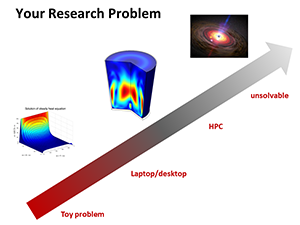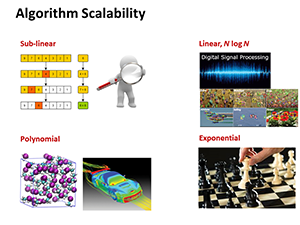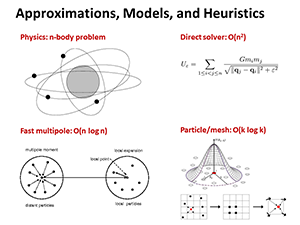Course Syllabus
18-847G: Special Topics in Computer Systems: Computational Problem Solving for Engineers
Spring 2020
Location: DH 1117
Class Lecture: Tuesday and Thursday, 10:30am–11:50am
Number of Units: 12
Recommended pre-requisites: 18-213/613, 18-202 or equivalent
Overview:
Computing platforms used in engineering span an incredible dynamic range from embedded and wearable processors through handhelds/laptops to high performance computing servers and the cloud. Similar engineering and AI/ML problems need to be solved across the entire dynamic range. When developing algorithms or solving R&D problems, one usually starts with Matlab and Python using frameworks like Torch, Spark, and TensorFlow, and resorts to C/C++ only when needed. This course covers how to solve AI/ML and engineering research and development problems across the entire range of machines in a productive and performant way. It discusses how to scale problems from the initial concept stage usually executed on a laptop to more powerful computing systems like enterprise or HPC servers, GPU accelerated systems, and cloud computing platforms.
This course addresses a wide range of computational and informatics problem families from traditional numerical simulation and symbolic data processing to AI and machine learning problems. It covers the most important scalable parallel algorithms used in engineering computing, and discusses frameworks providing problem-specific and general implementation templates. It covers algorithm analysis from the numerical and complexity perspective, parallelization approaches and scalability, algorithm optimization, evaluation and analysis of results.
Students in this course learn to productively solve AI/ML and engineering research and development problems on advanced computer systems across the dynamic range of computing systems. Further, they learn to carry algorithms from the concept stage to efficient-enough scaled-up implementations necessary to solve large scale problem instances, or squeeze them into the small footprint of embedded and wearable devices. PhD students will use their own research problem as case study while MS students will solve assigned homeworks and do a final project.
Zoom instead of HH A312: https://cmu.zoom.us/j/3201808397
email: franzf@ece.cmu.edu
web: http://www.ece.cmu.edu/~franzf
TA Sanil Rao office hours: Mondays 1:00pm–2:00pm.
Zoom instead of HH 1305
email: sanilr@andrew.cmu.edu
ECE IT Helpdesk: HH A204 walk-in Monday–Friday 8:00am–5:00pm
email: help@ece.cmu.edu
Course Canvas link: https://canvas.cmu.edu/courses/13266
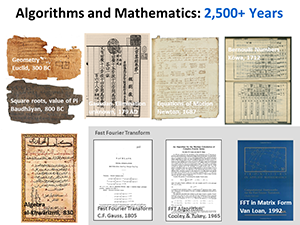 |
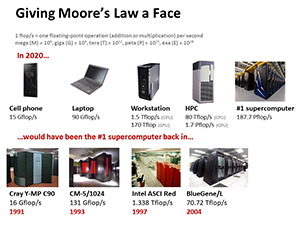 |
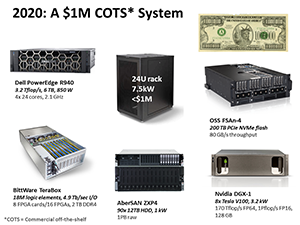 |
Tentative Course Calendar
